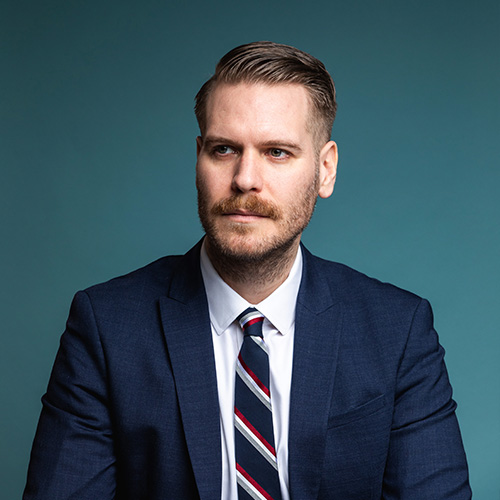We deliver! Get curated industry news straight to your inbox. Subscribe to Adweek newsletters.
Brands are drawn to popular online creators because they have large, loyal audiences. However, partnering with them purely to gain access to followers is a mistake, said experts at ADWEEK’s Social Media Week event in New York on May 12.
Instead, brands must build a beneficial relationship with creators rooted in authenticity, because anything that comes across as forced or unnatural is bound to fail.
“I need to know what the brand is,” said Jordan Howlett, a creator known for series such as ‘Fast Food Secrets Club,’ who has more than 14 million followers on TikTok alone. “I got to use it. I have to have eaten it before.”
Janina Lundy, head of marketing and brand partnerships at Hartbeat, a media and entertainment business founded by actor and comedian Kevin Hart, said his company was “moving beyond transactional, sponsorship ways of approaching things and thinking of creators and our partners as creative collaborators on everything we do.”
Lundy pointed to a spot Hartbeat recently created with PepsiCo’s Lay’s potato chips, asking viewers to submit their suggestions for a new flavor for a shot of winning $1 million. The ad, which featured Howlett acting out his own ideas, generated nearly 1 million flavor submissions and racked up 32 million engagements.
A key part of making this strategy work is letting creators be themselves. They’ve accrued millions of followers for a reason, after all, the panelists agreed.
“When it comes to working with brands, the hardest thing for a creator is wanting to work with them, and immediately there are a lot of rules and things you have to follow,” said Howlett.
Another aspect of building a successful campaign is getting creators involved right from the start.
“If you’re just bringing a content creator in for execution, you’re losing about 80% of the value they bring to the table,” said Michael Berkowitz, Howlett’s manager and the co-founder of talent agency Greenlight Group. “They’re going to understand their audience better than anyone else.”
Berkowitz added: “Brands don’t necessarily need more ads; they need more moments—and those moments are going to come from the creator understanding how to connect best with their audience.”
Whether it’s the Summer Olympics or a presidential election, creators have a bigger role in how consumers see the world. Rather than ask them to just read a few lines in front of the camera for the sake of boosting a brand’s reach, marketers should let them take charge to do what resonates.
As Berkowitz put it: “I think where we’re going is with content creators being more of a show runner than a hired assassin.”









